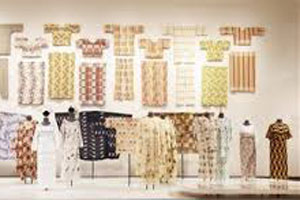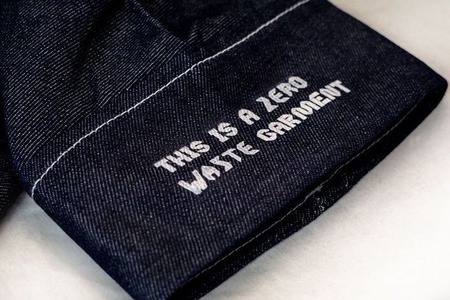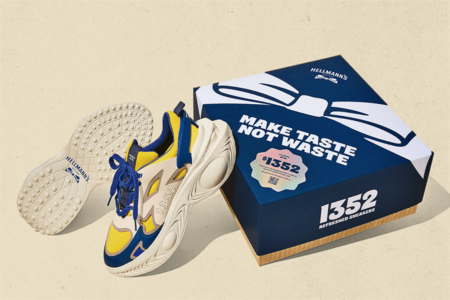
Nigerian textile and apparel sector pointing out signs of progress
YarnsandFibers News Bureau 2014-08-11 11:15:00 – NigeriaThe apparel and textile sector showing signs of improvement despite continuous challenges that have brought a number of textile players to their knees as they continue to remind determined to survive the Nigerian environment.
In the first half of 2013 (H1 2013), capacity utilisation in the sector was 37.4 percent. But by the second half (H2 2013), this had risen to 44.9 percent as per data from the Manufacturers Association of Nigeria (MAN).
Capacity utilisation is one key way of determining the health of a sector or industry because it shows the relationship between actual output produced and potential output that could be produced with installed equipment.
The players are also sourcing more raw materials from home as local input content in H1 2013 was 52.86 percent while that of H2 2013, it increased to 60.79.
Reduction of inventory (stock) is a key factor in business success. Inventory was reduced to N418 million in H1 2013 and to N401 million in H2 2013.
Moreover, the players ignored a innumerable challenges to add 53, 955 workers by the end of 2013. The players further invested a total of N2.714 billion in 2013 in land and building, plants and machines, furniture and equipment, motor vehicle and ongoing construction.
This indicate that the sector will perform better if issues such as business environment, infrastructure and business models are tackled as per analysts.
According to Paul Jaiyeola Olarewaju, director-general, Nigeria Textile Manufacturers Association (NTMAN), there were only 10 surviving fabrics makers in the country, as textile and apparel players face compounded problems such as unrestrained imports of cheap products from Asia, irregular power supply, poor access to finance, absence of black oil by Northern players and non-patronage of products by Nigerians and government agencies.
Moreover, government uniformed agencies do not support the industry, as often contracts are given out to people who go abroad and import the uniforms.
It is time that Nigerians realizes and value indigenous products.
Market Intelligence
Ask for free sample Report

experience
Customer Base
dedicated team
Countries Served Worldwide







![Freitag unveils new Mono[P6] circular backpack](https://www.yarnsandfibers.com/wp-content/uploads/2024/04/Freitag.jpg)

